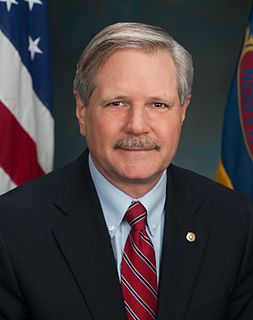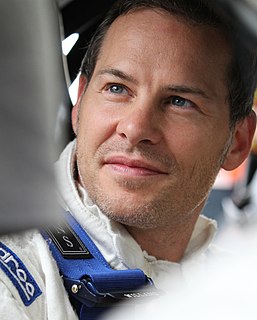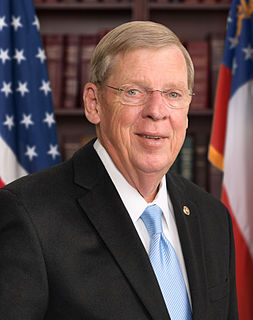A Quote by Karl Iagnemma
Conflating thought experiments with reality could slow the deployment of AVs that are reliably safer than human drivers.
Quote Topics
Related Quotes
I think it's science and physics are just starting to learn from all these experiments. These experiments have been carried out hundreds and hundreds of times in all sorts of ways that no physicist really questions the end point. I think that these experiments are very clearly telling us that consciousness is limitless and the ultimate reality.
We do some experiments in humans, some in mice, and there are some questions that can only be answered in nonhuman primates. It's true that you can't immediately say that those experiments will translate into human health, but nevertheless, it is obvious that having an understanding of human memory is going to be important for human health.
Art is the principal way in which the human mind has tried to remake the world in a way that makes sense. The carefully edited, slow-motion, action replay of a rugby tackle, a car crash or a sex act has more significance than the original event. Thanks to virtual reality, we will soon be moving into a world where a heightened super-reality will consist entirely of action replays, and reality will therefore be all the more rich and meaningful.





































